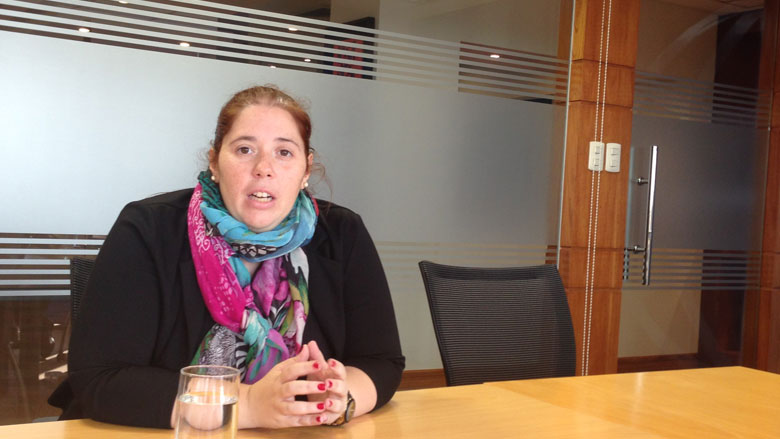Question: Could you briefly tell us about AGESIC’s work on the implementation of the Law in Uruguay?
Answer: The Law on Access to Public Information was passed in Uruguay on October 17, 2008. The law created an oversight body within the executive branch: the Unit of Access to Public Information (UAIP), a deconcentrated body from AGESIC. The UAIP has authority towards both the law reporting entities, as well as citizenry.
Its mandate involves supporting the implementation of the law by advising offices of access to information, but also by working on awareness-raising programs on the existence of the law among the people. It also has a monitoring role and receives complaints from citizens who requested information from state authorities but have been denied the right to information for causes that do they may not consider legitimate or because deadlines to provide the requested information have expired without avail.
The first years were focused on strengthening and training of public entities, as the law imposed new obligations. Now we are working on a much more citizen-centric perspective by promoting the use of the law in order to increase the exercise of this right among the population.
P: What is AGESIC’s support to the Ministry of Justice of Paraguay?
R: Support to carry out the action plan for the implementation of the law in Paraguay envisages two lines of work: first dissemination, citizen awareness, and seeking alliances; and secondly generating capacities among public officials. The most frustrating experience for citizens is to request information and don’t receive an answer, therefore we must put emphasis on strengthening institutions’ capacities. Now, the regulations of the new law will be an essential element here, because they will further clarify or explain aspects of the law. So, institutions must be prepared so that citizens do not feel frustrated when exercising their right, and we will move forward in the performance that these laws require in the different countries.

